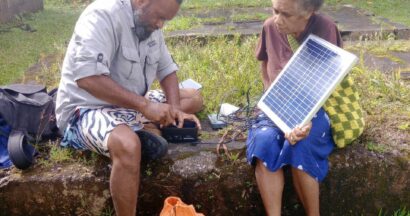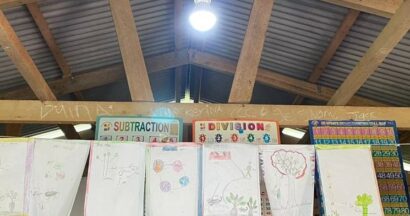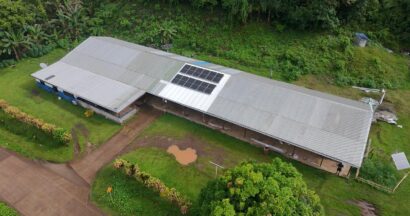Skip to:
-
Solutions
Risk Management FrameworksSupport for ensuring business continuity and mitigation of the potential negative impacts on your workforce and reputation in the event of a disaster situation or health crisis.Find out moreDisease Outbreak ManagementAdvice and support in the areas of outbreak response planning, quarantine management, and immunisation implementation.Find out morePlanning & Emergency Operations CentresTailored real-world health crisis management solutions that empower local emergency medical, rapid response and public health teams to plan, prepare and respond.Find out moreDeployment of Health ExpertsRespond Global can provide 24/7 critical incident support both virtually and in the field, through our deployment-ready workforce and senior emergency managers. Telehealth services are also available.Find out moreCache & Health LogisticsSupport and guidance for the supply of disaster and health crisis response caches, kits, and field hospitals, including procurement and supply chain management.Find out moreOperations SupportAssistance with designing and establishing H-EOCs and quarantine facilities, implementing health screening and immunisation programs, and providing IPC and WASH solutions.Find out moreCourses, Exercises & SimulationsWe offer a broad range of courses, exercises, and simulations in all areas of disaster management and health crisis response, or we can create bespoke training solutions for organisations or countries.Find out moreOn-Demand CoursesOur online on-demand courses allow you to work at your own pace in your own time. Choose from IPC and PPE basics, to designing exercise simulations.Find out moreHealth response & logistics response vesselHELPR-1 seeks to prioritise and empower in-country response capabilities of Pacific Island Countries.HELPR-1
- HELPR-1
- About us
- Contact
Search
Close




